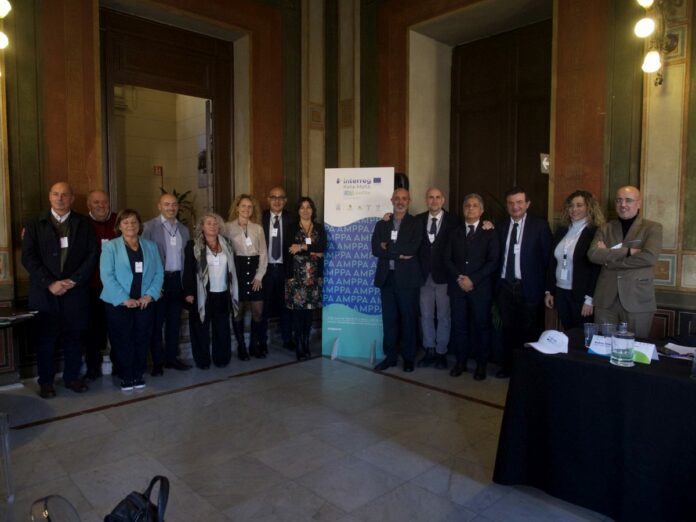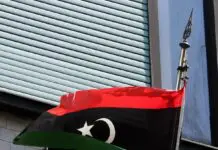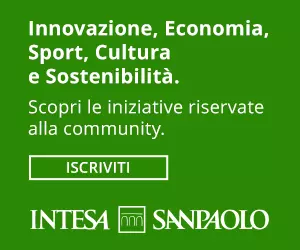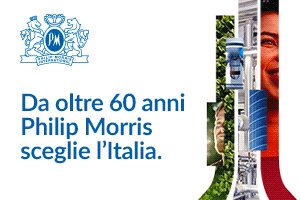PALERMO (ITALPRESS/MNA) – Conservation of marine biodiversity and the value of artisanal fishing were at the center of the strategic work and participation of the local population carried out by the Interreg VA Italy – Malta AMPPA (Marine Protected Areas and Artisanal Fishing). The Project, launched in 2019 and carried out in partnership between Sicilian (Egadi and Ustica MPA and Regional Fisheries Department) and Maltese (the villages of Gharb and Ghajnsielem in Gozo) entities, has reached its final phases and the results were presented at the Giardini del Massimo in Palermo, in the presence of the participants who took part in the project and the authorities of the two countries.
AMPPA supports the need to preserve marine biodiversity with two other objectives: maintaining the productivity of ecosystems and contributing to the economic and social well-being of those who live in the territories involved. The MPA regulation also refers to the compliance to the rules and the dissemination of information campaigns in order to manage fishing activities and safeguard the environmental heritage, as well as the setting up of four environmental information centers (three physical, in Favignana, Ustica and Ghajnsielem, and one virtual).
The local populations have been involved in various steps: first and foremost on the environmental awareness and education campaigns to encourage the development of environmental awareness among the community including locals and tourists, and the operators themselves like the fishermen and businesses operating in the tourism industry within the protected areas.
There were two ways for raising awareness: the first was the establishment of information days (30 were organized during the project) with spaces for debate and the second was the dissemination of communication campaigns on social networks to further broaden the knowledge on AMPPA. Also of great importance were the various workshops and educational courses, aimed at more than a thousand students from different territories (Favignana, Ustica, Marsala, Palermo, Ghajnsielem) in both primary and secondary schools. In addition to children, the project also involved families and a series of training courses for teachers.
“The objectives we set were ambitious”, underlined Salvatore Livreri Console, Director of the Egadi Islands AMP and project leader, adding “the world of fishing has accelerated its transformation in recent decades and the conservation of the sea has also been addressed with more urgency: our mission was to develop a series of good training and experimental practices to reconcile the needs of conservation and artisanal fishing. Involving two countries; Italy and Malta, was ideal for developing common management strategies”.
AMPPA was coordinated by engineer Giovanni Borsellino, who spoke about its development and future prospects: “The project process was very troubled between Covid and other difficulties, but we managed to bring it to completion: the involvement of both the Italian and Maltese Ministry of Agriculture and Fisheries, as well as the entity that manages the MPAs in Malta. We are already initiating contacts with other marine protected areas at European level, to jointly develop cooperation programs that aim to enhance the nature and the environment of the sites”.
Among the partners of the project there was also the Region, supporting the Mediterranean Fisheries Department. Angelo La Pillo underlined how “having raised the importance of this mission makes us focus on the future: the areas under protection will be expanded and we will evolve the current legislation in this sense. Furthermore, helping this development with European funds will be important, but we must not leave anyone behind: greater involvement of fishing companies is needed”.
Davide Bruno, director of the AMP Ustica, highlighted the impact that the dissemination of these practices has had on the territory and the role that the new environmental information center will have: “For the first time in Ustica a collaborative relationship is being developed with the fisheries workers: there is an awareness that the sea does not belong to the State or the European Union, but belongs to them. The environmental information center is the place designated for scientific dissemination through cutting-edge technological tools: training must start with the new generations, to instill in them respect for the environment and sustainable development”.
Kevin Cauchi, mayor of Ghajnsielem, expressed satisfaction for the results achieved and for the awareness raised with the involvement of people of all ages: “Many people didn’t even know about the existence of the marine protected area in our territory, we managed to raise awareness and the importance of environmental protection and traditions linked to the fishing sector among young people, adults and the elderly”.
– Photo AMPPA –
(ITALPRESS).















